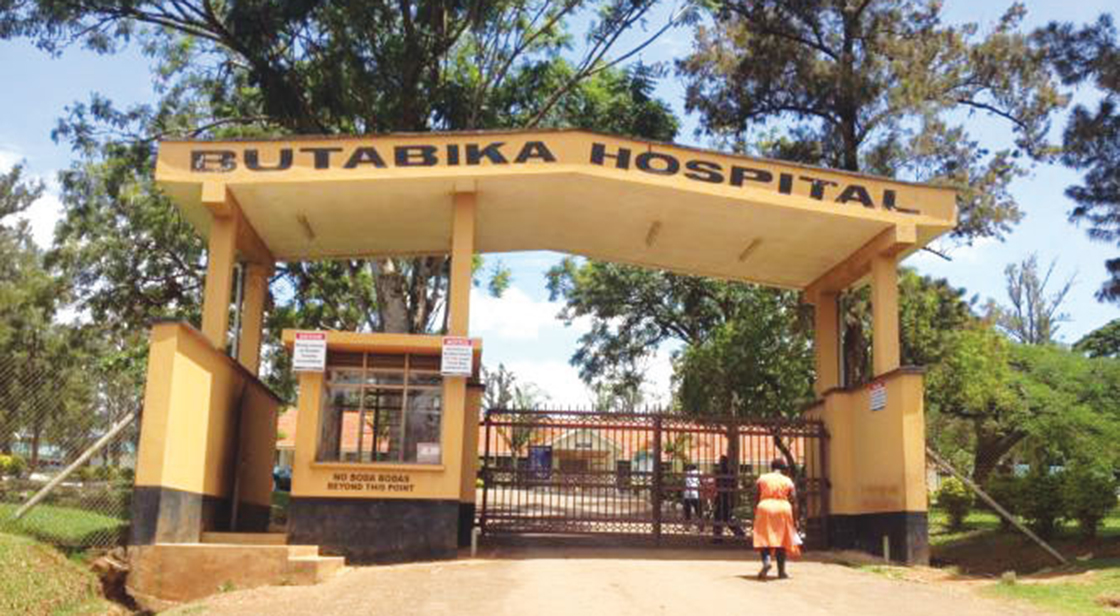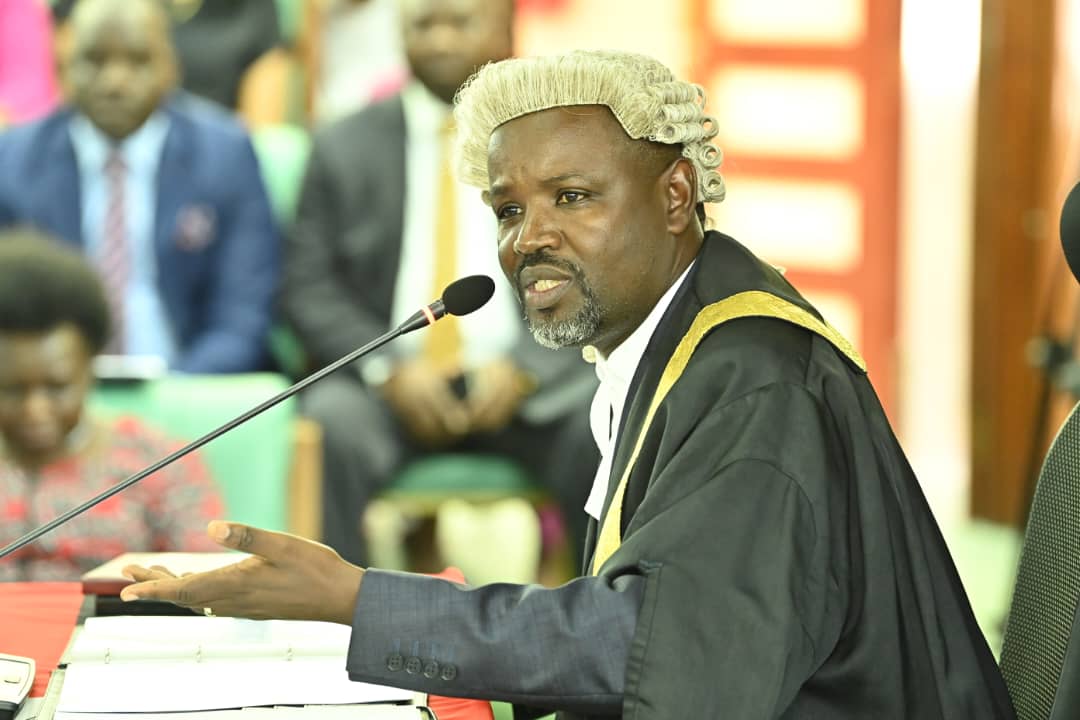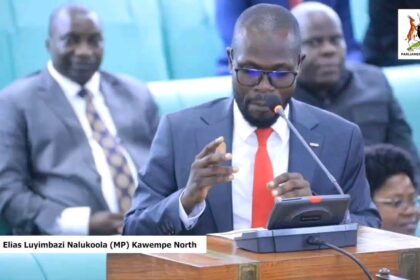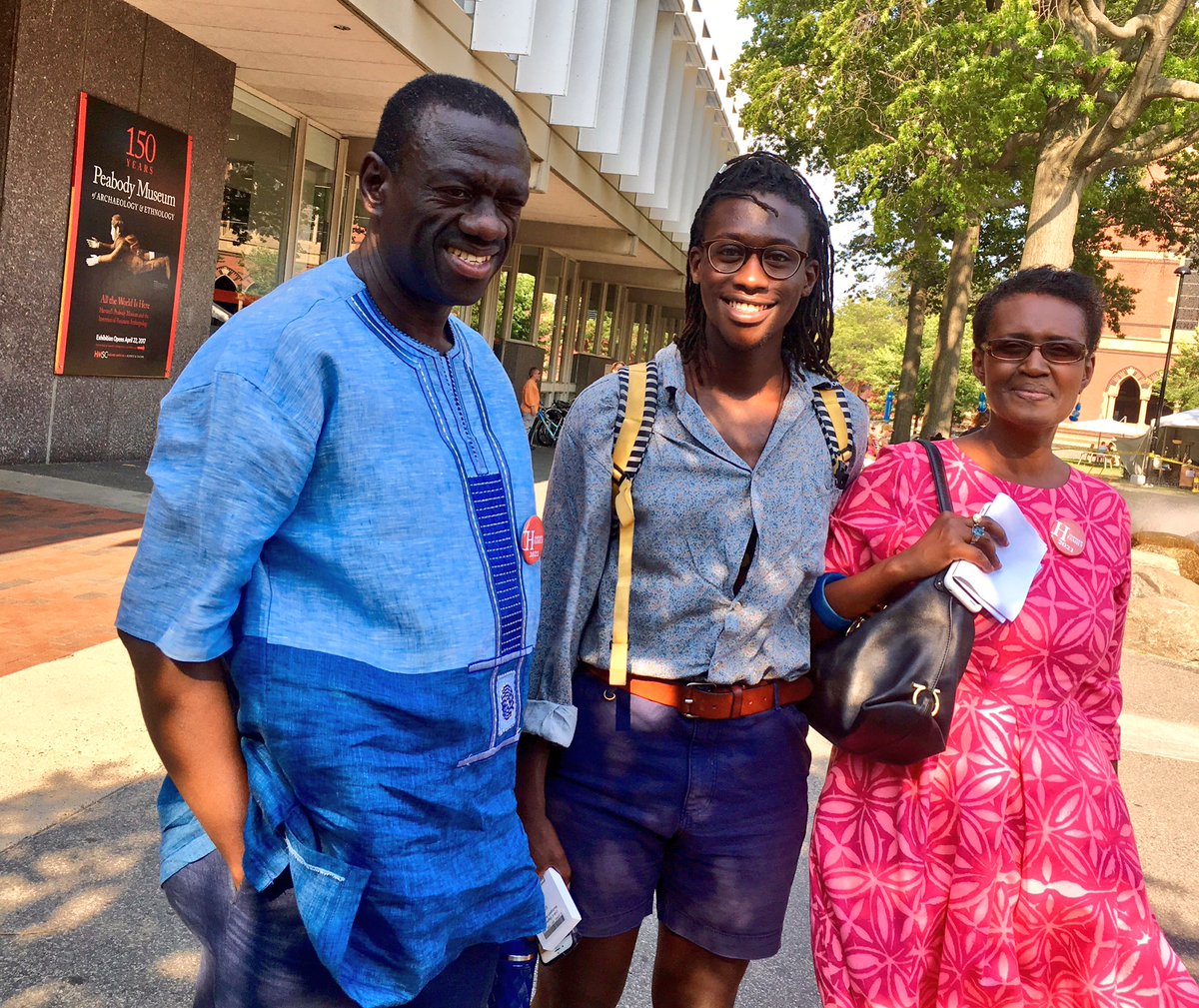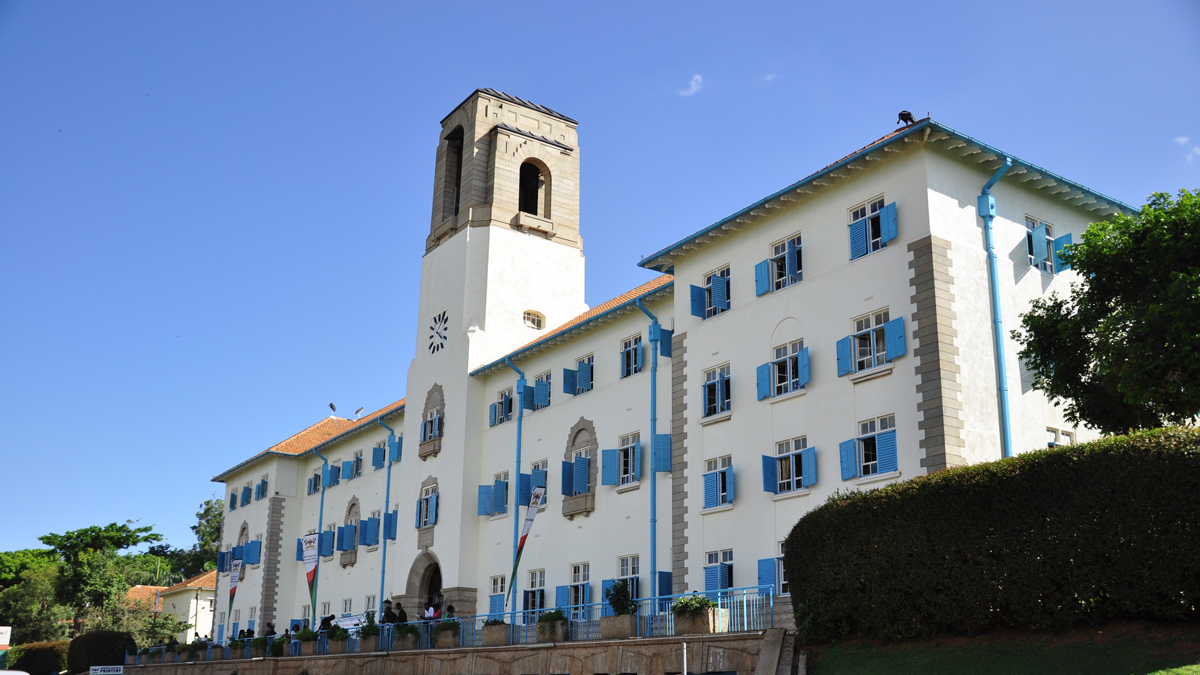As Uganda joins the world to celebrate World Gorilla Day, the International Gorilla Conservation Programme (IGCP) on Monday released a landmark report titled “Over 30 Years of Impact in Mountain Gorilla Conservation.
The report highlights decades of collaboration between Uganda, Rwanda, the Democratic Republic of Congo, and international partners, leading to the remarkable recovery of the mountain gorilla population. From just 600 individuals in the early 1990s, their numbers have grown to 1,063. While this is a conservation success, the report emphasizes that continued efforts are essential to safeguard the future of these majestic creatures.
Since 1991, the International Gorilla Conservation Programme (IGCP) has been at the forefront of efforts to protect the world’s critically endangered mountain gorillas. World Gorilla Day is a chance to celebrate the incredible progress that has been made and to reflect on the ongoing challenges and importance of gorilla conservation.
Working in collaboration with the governments of the three mountain gorilla range countries—the Democratic Republic of Congo, Rwanda, and Uganda—IGCP has spearheaded critical conservation efforts that have seen the mountain gorilla population rebound from just 600 individuals three decades ago to over 1,000 today.
According to the 2019 Bwindi–Sarambwe mountain gorilla census report, their global population now stands at 1,063 individuals, a significant increase that has inspired renewed global conservation efforts.
In a report, IGCP outlines the milestones achieved over its long history. The organization’s work spans not just protecting the gorillas, but also building partnerships with local communities, governments, and other organizations to ensure the sustainability of these efforts. IGCP Director, Wellard Makambo, notes, “We have worked tirelessly for over three decades, innovating and adapting our approaches to support mountain gorilla conservation at the population and transboundary landscape levels.”
A cornerstone of IGCP’s success is its transboundary approach, which enhances collaboration across borders to support mountain gorillas in four protected areas: Bwindi Impenetrable National Park and Mgahinga Gorilla National Park in Uganda, Volcanoes National Park in Rwanda, and Virunga National Park in the Democratic Republic of Congo. This has strengthened the management of these areas, boosted tourism revenue, and significantly improved the livelihoods of park-adjacent communities.
Wendy Elliott, Biodiversity Practice Interim Leader at WWF, describes this collaboration as key to the success of mountain gorilla conservation, stating: “IGCP is living proof that conservation works, and that conservation done in partnership works best.”
The benefits of mountain gorilla conservation extend beyond protecting the species; they also transform local communities. Through revenue sharing from gorilla tourism, communities can build schools, access fresh water, and improve livelihoods. Agnes Mukarubibi, a community member from Kinigi, Rwanda, shared how this has impacted her: “Through the revenue sharing… schools have been constructed within our community. Growing up, I used to walk hours to school, but today it only takes my child five minutes.”
Despite these successes, challenges remain. Poaching, habitat loss, disease, and political instability continue to threaten the long-term survival of mountain gorillas. Conservation efforts must continue to evolve to address these threats and ensure the survival of the species.
The resilience and recovery of the mountain gorilla population is a remarkable achievement, one that provides hope for other conservation efforts around the globe. As Cath Lawson of Fauna & Flora notes, “Mountain gorillas are a conservation success story because of IGCP, its effectiveness as a transboundary facilitator, its focus on people-centered approaches, and its ability to catalyze the global community.”
On this World Gorilla Day, let’s celebrate this success and reaffirm our commitment to protecting these gentle giants for future generations.
Do you have a story in your community or an opinion to share with us: Email us at Submit an Article




